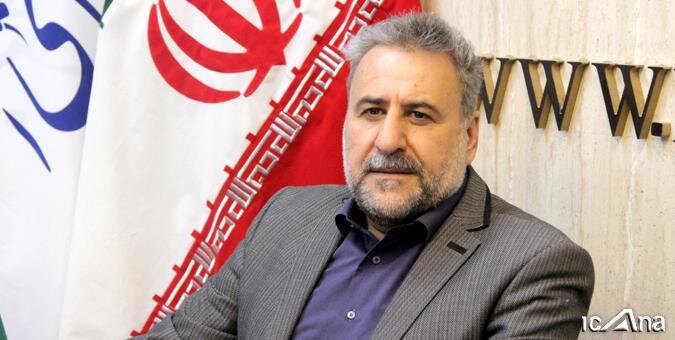MP: Saudi elites predominantly back Tehran-Riyadh de-escalation efforts

TEHRAN – Heshmatollah Falahatpisheh, a member of the Majlis National Security and Foreign Policy Committee, argues that there’s a prevailing spirit of deescalating tensions with Iran among the Saudi elites.
Speaking with ISNA on Tuesday, Falahatpisheh said Iran has been in favor of dialogue with Saudi Arabia for years and it was the Saudis that didn’t come forward, and they are now searching for mediators.
On September 14, as many as 10 drones bombed the Abqaiq and Khurais oil facilities run by the Saudi state-owned oil company Aramco.
Although Yemen’s Houthi movement claimed responsibility for the attacks on the Abqaiq and Khurais facilities, Saudi Arabia and its allies laid the blame on Iran.
Tehran, however, rejected any involvement.
In another incident on Friday morning, two separate explosions, possibly caused by missile attacks, hit the SABITI oil tanker owned by the National Iranian Tanker Company (NITC).
According to a statement issued on Friday by the NITC, the explosions took place some 60 miles from the Saudi port city of Jeddah.
The explosions hit the vessel’s hull, causing heavy damages to the ship’s two main tanks, which resulted in an oil spill in the Red Sea.
Saudi Minister of State for Foreign Affairs Adel bin Ahmed Al-Jubeir said on Sunday that Riyadh was not behind the attack.
“We did not engage in such behavior at all. This is not how we operate and that’s not how we did in the past,” al-Jubeir told reporters in Riyadh, according to Reuters.
Falahatpisheh said the attack will face a decisive response by Iran when the right time comes.
Iran is capable of finding those behind the attack and this is a separate issue from the process of deescalating the Iran-Saudi Arabia tensions, the MP added.
“The Islamic Republic of Iran has always announced that it is ready to deescalate the tensions and still is,” he said.
MH/PA
